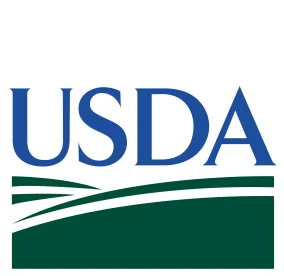The U.S. Department of Agriculture’s (USDA) Animal and Plant Health Inspection Service (APHIS) regulates genetically modified organisms (GMOs) for “plant pest risk” under the Plant Pest Act. Plant pest risk is the potential for direct or indirect injury to, damage to, or disease in any plant or plant product resulting from introducing or disseminating a plant pest, or the potential for exacerbating the impact of a plant pest. On January 19, 2017, APHIS published a proposed rule to revise the Agency’s biotechnology regulations (82 Fed. Reg. 7008), as discussed in our previous coverage of the regulation of GMOs by multiple agencies under a regulatory framework called the “Coordinated Framework for the Regulation of Biotechnology” (Coordinated Framework). The January 2017 proposed rule was withdrawn, as discussed here, and replaced with a January 2019 proposed rule that was considered more favorable by the regulated industry.
On May 18, 2020, APHIS published the final rule amending its regulations at 7 CFR Part 340, ‘‘Introduction of Organisms and Products Altered or Produced Through Genetic Engineering Which are Plant Pests or Which There is Reason to Believe are Plant Pests.’’ As announced on its website, APHIS dubs this the Sustainable, Ecological, Consistent, Uniform, Responsible, Efficient (“SECURE”) Rule. The final rule is largely unchanged as compared to the January 2019 proposed rule. Some of the major changes to be implemented under the new SECURE Rule include:
Replacement of the mandatory “Am I Regulated?” (AIR) process for determining whether a GMO requires regulation as a plant pest risk and the exemption process under the AIR process with criteria for a self-determination regarding exemption status and a voluntary process for seeking confirmation from APHIS;
Replacement of the current petition process with a new procedure for requesting a regulatory status review (RSR) to determine if a genetically engineered plant poses a plant pest risk; and
Discontinuing the notification process for alerting APHIS of new GMOs and replacing it with a process for applying for a permit for a GMO that is self-determined as not meeting an exemption and which does not undergo or pass a RSR.
According to industry press, the American Seed Trade Association has praised the SECURE Rule. Opponents, however, such as the Center for Science in the Public Interest (CSPI) fear the rule will let potentially unsafe GMOs enter the food supply without sufficient oversight. Both sides agree that the SECURE Rule is a major step in deregulating the introduction of GMOs for crop production.



 />i
/>i
